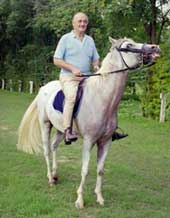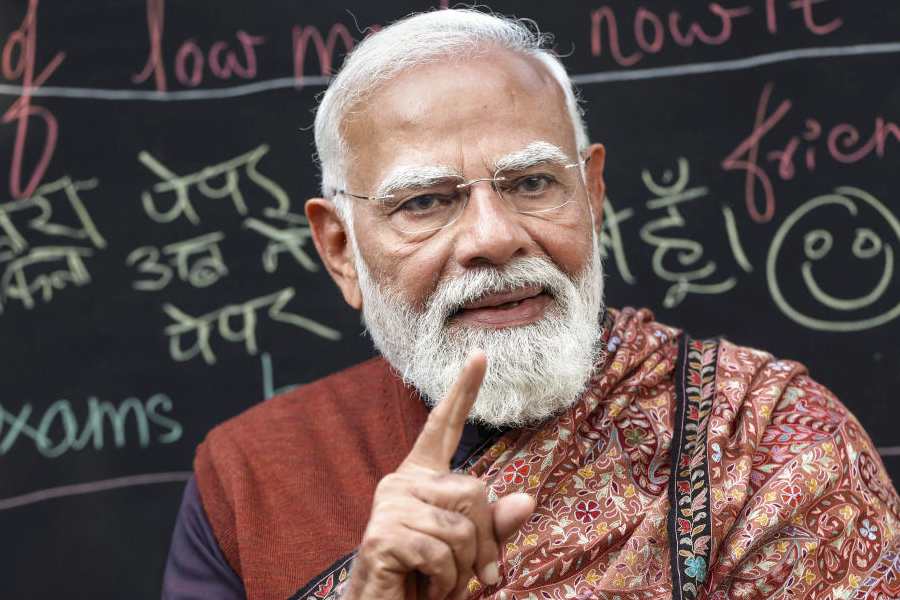OBITUARY
BOB WRIGHT
(1924-2005)
 |
A chapter of history that was begun by Thomas Babington Macaulay in the 1830s came to a close in the early hours of Tuesday, April 19 when Robert Hamilton Wright died in his sleep at the Tollygunge Club. Bob, as he was fondly called by all who knew him, embodied a vanished era of the Indo-British encounter. He was a pukka sahib of the colonial era who had made India his home.
Bob wore his King?s College, Cambridge tie very proudly and was fond of saying that at King?s he was a contemporary of Sunny (Indrajit) Gupta. If communism claimed Sunny, the managing agency system beckoned Bob. He came out to join Andrew Yule, then a sprawling empire within the economic framework of the British raj. But Bob came into his elements after he took over the management of the Tollygunge Club in the early Seventies. He ran the Club till 1997 but continued to live there till his death.
When Bob began running Tolly, the times were not easy. There was political trouble and the area around the Club was a turbulent one. His mode of management was old-fashioned benevolent despotism. He ran Tolly like a feudal estate. It is easy to criticize that approach from the standpoint of new-fangled management techniques but the Tolly survived largely because of the charisma that Bob built up around his persona. That charisma grew out of his generosity, his bonhomie, his loyalty to his friends and from an almost unending capacity to enjoy life. Even Bob?s best friends would not mistake the charisma to be a halo but his foibles made him all the more loveable. He had oodles of charm.
Bob never liked the epithet Raja Wright of Tollygunge Club but there is actually no better way to describe him and his presence. During his tenure, he was always there in the mornings, having breakfast at the Shamiana. Around him were his labradors having their own breakfasts while Bob read The Daily Telegraph, two days old. He loved doing the crossword, both the quick and the cryptic varieties. And he was very good at it. A month before he died, I went to see him with a friend of mine. It was around nine in the evening. Bob had finished dinner but a pink gin was at hand. Seeing us, his eyes lit up and he asked for another chhota. In the course of the conversation, we asked what a screen behind the altar was called (this was a crossword clue). The answer was prompt, ?reredos?, he said, and then added with a twinkle in his eye, ?You can always call me when you are stuck.?
There was life outside Tolly. He was a familiar figure at the races and at the polo ground. He was devoted to his work with Dr Graham?s Homes in Kalimpong. Further afield, there was his beloved Kipling Camp in Kanha. But home was the Tolly, and it is fitting that he died in his estate, and that his loyal staff were the first to discover that their beloved Wright saab had gone.
Was Bob an Indian or was he English? There was something quintessentially English about Bob Wright but he belonged to a more gracious epoch of social life in Calcutta. It was in India that he had most of his friends. But in a very real sense, Bob?s identity was his own.
With his death nobody will ever say koi hai in quite the same way.










